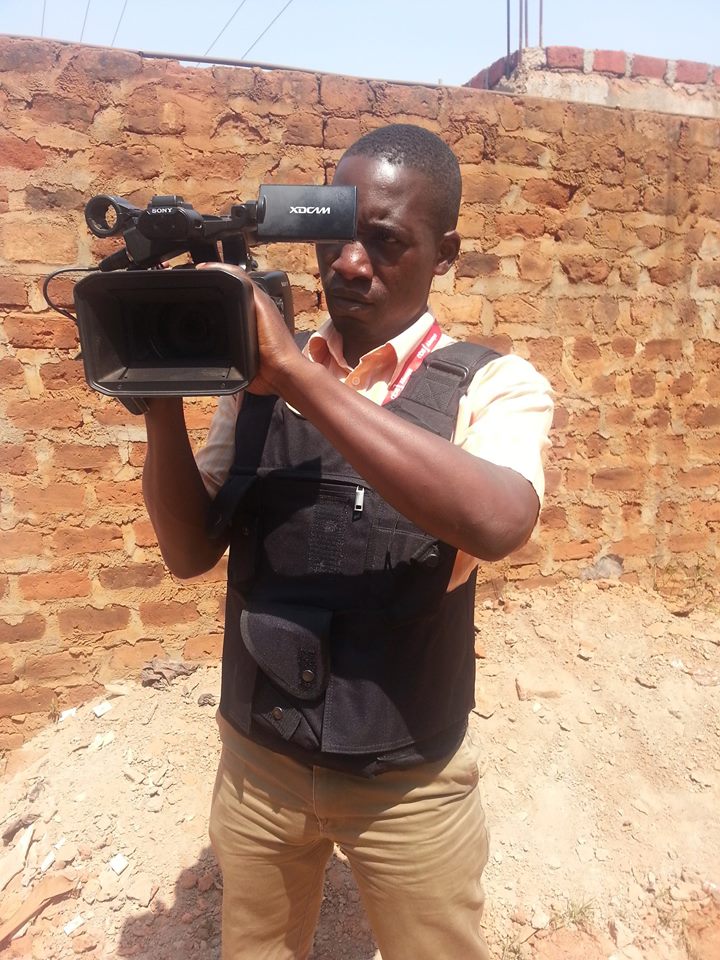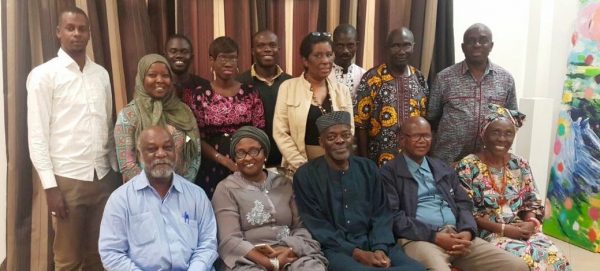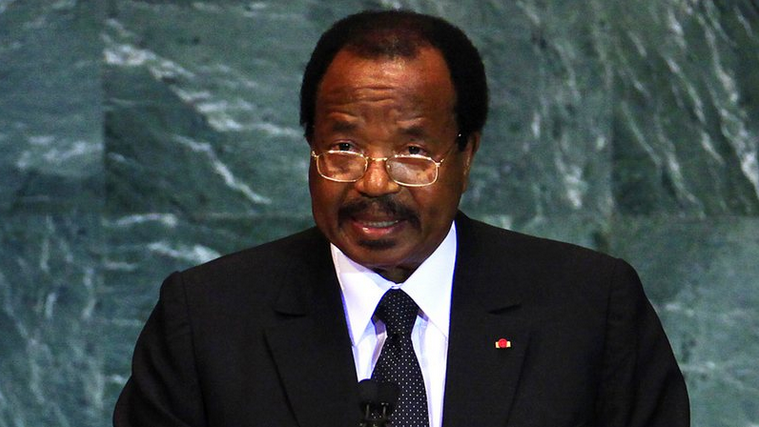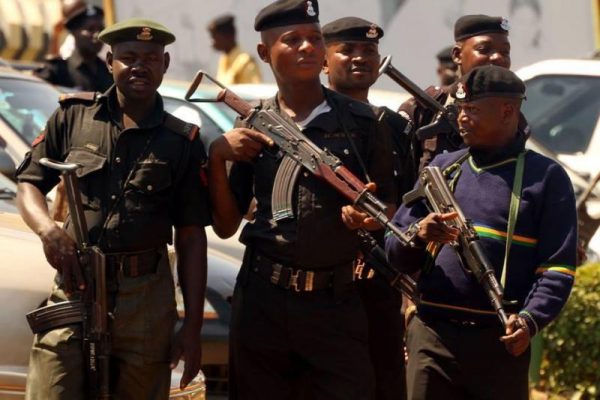This statement was originally published on hrnjuganda.org on February 23, 2017.
Two journalists, Dean Lubowa Saava and Fidel Arinaitwe, were on 23rd February 2017, arrested by Special Forces Command Unit for photographing the home of the head of the Shia Community in Uganda.
The duo, from an Investigative media company Tazan Concept, were handed to police in Mayuge and charged with criminal trespass. They were released on police bond and ordered to report back on Saturday 25th February 2017.
The head of the Shia Community, Omar Bongo Patur, is also the LCV chairperson of Mayuge district. The journalists told HRNJ-Uganda in an interview that they were following up a story of an alleged fraud by Omar Bongo Patur, who is accused by some family members of forging documents to become heir of his late father Sheikh Doctur Kadir Muwaya who was killed on 25th December 2014.
“We decided to go to Mayuge to get Bongo’s side of the story, we found guards from the Special Forces Command who called Bongo, we spoke to him using the guard’s phone and he explained to us that he was not available”, Dean Lubowa Saava told HRNJ-Uganda.
On their way back, they took some pictures which prompted SFC guard, Jackson to intercept them. “He ordered us to delete the photos but we refused. We had an exchange with him that attracted the attention of local people who thought we were dangerous and wanted to lynch us. We were saved by the village local leader Bashir Kamiri,” the journalists said.
The SFC officers later handed them to police where they were charged with criminal trespass. The Officer in Charge of Criminal Investigations (OC CID), Mayuge Police Station, Nasser Mulimira told HRNJ-Uganda that, “the journalists were apprehended and brought to the police station, we managed the situation and the journalists were released on bond, they are coming back on Saturday and we hope the whole matter will be resolved on that day.”
The police should disregard the tramped up charges against journalists on the line of duty. We commend to local council chairman who made efforts to save the journalists from mob injustice that was looming on them. We are sure to stand with the journalists against such charges” Said the HRNJ-Uganda National Coordinator, Robert Ssempala.








 Details of the incidents in Nigeria as presented
Details of the incidents in Nigeria as presented